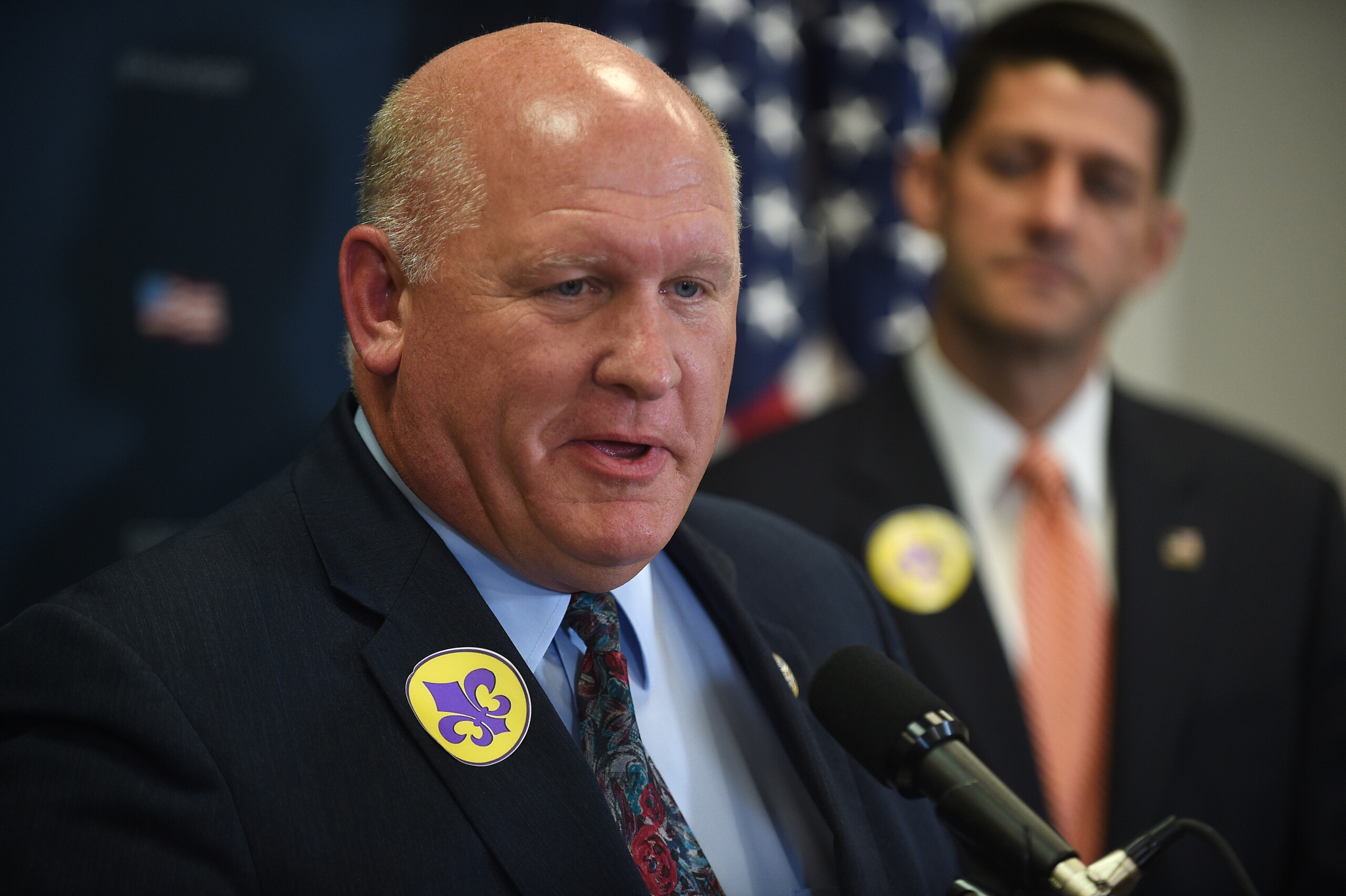
Source: Coindesk.com
The Digital Commodity Exchange Act would give the regulator direct oversight of some types of crypto transactions and exchanges.

A bipartisan set of U.S. lawmakers are introducing a bill that would give the Commodity Futures Trading Commission (CFTC) a greater role in overseeing crypto spot markets.
The Digital Commodity Exchange Act of 2022 (DCEA), introduced Thursday by representatives Glenn Thompson (R-Pa.), Ro Khanna (D-Calif.) Tom Emmer (R-Minn.) and Darren Soto (D-Fla.), would create a definition for “digital commodity” and allow the CFTC to oversee companies issuing or letting people trade these types of tokens while having the Securities and Exchange Commission (SEC) continue to oversee tokens that fall under U.S. securities laws.
“The term ‘digital commodity’ means any form of fungible intangible personal property that can be exclusively possessed and transferred person to person without necessary reliance on an intermediary,” a copy of the bill said.
The definition would not include any equity or debt interests, or securities (defined as “a profit or revenue share derived solely from the managerial efforts of others” in the bill). In other words, the SEC would continue to enjoy its oversight over aspects of the crypto market.
These digital commodities could only be sold on a CFTC-registered exchange, which would have to abide by certain requirements which include holding customers’ crypto in qualified custodians, safeguarding customer assets, and prevent commingling customer and corporate funds, according to the bill.
This year’s version of the DCEA is an updated version of a bill originally introduced in 2020 by former Rep. Michael Conaway (R-Texas). Members of the House Agriculture Committee, where Thompson is the ranking member, introduced an updated version last year.
Thompson announced in March during a hearing with CFTC Chair Rostin Behnam that he was continuing to work on the bill.
In a statement Thursday, Thompson said the bill was “a culmination of years of work.”
“Closing the spot-market gap is an essential piece of the regulatory puzzle, but more work remains. I look forward to working with my colleagues to bring greater clarity to crypto users and creators and I hope to see it move through the legislative process promptly,” he said.
Khanna, a co-sponsor, said, “To foster American innovation and tech job growth, Congress must establish a clear process for creating and trading digital commodities that prioritizes consumer protection, transparency and accountability.”







